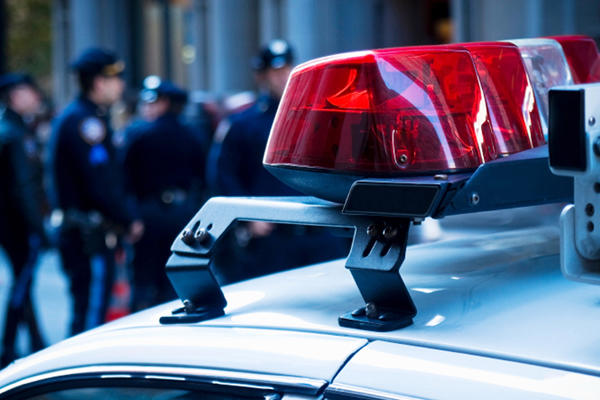As part of our nation's military, whether on active duty, reserves, civilian employee or family member, you play an important role in ensuring the welfare of our homeland. It is also important to prepare yourself and your family for all types of emergencies so you can increase your personal sense of security and peace of mind. Preparing makes sense. Get ready now.
Considerations for all Military Personnel and Families
- Every time you relocate, learn the types of emergencies likely to affect the area and update your emergency kit and plan with new materials if necessary.
- Be aware that mass warning systems differ at different locations. It could be a "Giant Voice" outside speaker, siren, telephone alert, or some other system or procedures.
- You may not have extended family nearby, so a rendezvous point or call-in contact after an emergency may require more ingenuity. Establish an emergency plan with an out-of-town contact you can all reach. Keep in mind that one or more family members may be deployed when disaster strikes.
- If you live off base, threat levels or other circumstances may keep you from getting back on base for day-to-day activities following an emergency. Know alternative places to shop or obtain things you normally get on base.
- Collecting and recording important personal and financial documents is already a part of preparing for deployment. Be sure to include these documents in your family's emergency kit.
- During or after an emergency, you need to report to your command. Learn and follow the established procedures.
If You’re Stationed Abroad
- The emergency number is probably not 911 and may differ on and off the installation. You and your family should know the operable numbers.
- Your emergency kit should include some additional items, such as passports, birth abroad certificates for children born overseas, cash in the local currency, a card with local translations of basic terms, and an electrical current converter.
- If you live off base, learn a few key phrases in the host nation language and get to know neighbors who could alert you about an ongoing emergency.
- For an emergency that occurs "outside the fence," response (evacuations, shelter instructions, etc.) will be led by the local government. Cooperate with the host-nation responders and follow their instructions.




























